(This article was originally written by Oisin O’Connor in December 2015)
Arsene Wenger is most famous for his work with Arsenal, whom he took over in 1996 and has won multiple trophies for, however, one would be forgiven for not remembering his work prior to his Arsenal career.
The Frenchman retired from his playing career in his hometown of Strasburg and just three years later he found himself managing Nancy-Lorraine after a brief stint as the assistant manager of Ligue 2 side Cannes.
Despite an encouraging first season where he guided his side to a 12th place finish, his first venture into management was generally unsuccessful and Nancy were relegated in his third and final season in charge.
However, despite the struggling start to his career, he learned a lot from his first job and Aldo Platini, who recommended him for the job, cited the lack of funds provided to him as a reason for Wenger’s lack of success.
This is a challenge Wenger later encountered at Arsenal in the years after their move to the Emirates stadium and it is fair to say that Wenger dealt admirably considering the circumstances. Perhaps it is this early struggle that prepared Wenger to adapt so well to dealing with a far more restricted market.
The nurturing of youngsters was not only the favored approach of Wenger’s philosophy but often it became a necessity due to the financial restrictions that he had to deal with.
One club that saw past his relegation with Nancy and were willing to take a risk with him were fellow French side Monaco, whom he joined in 1987, after Nancy president Jacques Roussealot reluctantly let him leave.
It is arguably his time at Monaco which most impressed Arsenal and prompted his 1996 appointment. The likes of George Weah, Thierry Henry and Jurgen Klingsman learned under the tutelage of Arsene Wenger.
Wenger won the league in his first season at Monaco, followed by respectful 3rd place finishes in his following two seasons as well as reaching the semi-finals of the Champions league and while his last full season was not as successful he had already acquired the interest of German giants Bayern Munich.
Even at this stage, Wenger’s work was already being noticed and Monaco’s refusal to let him leave reinforces this idea. Wenger has openly spoken about the use of steroids in football and he also felt strongly about the impact of bribery and match fixing which he felt were prevalent in French football at the time.
This willingness to speak out has been a feature of Arsene Wenger’s career and it was important for the benefit of football that someone so heavily involved in football was directly involved in the wiping out of its corruption. In many ways Wenger was and still is one of the figureheads in the cleansing of European football.
This integrity served Wenger well and earned him respect from many. Wenger cited corruption as the main reason for his decision to leave French football and his subsequent move to Japanese football with Nagatoya Grampus came has a surprise to many who expected big things from the young and upcoming manager.
The Japanese league was not just on a different level in footballing terms but the culture change would have also required adapting to for a man who had thus far spent his entire professional career in his home country.
It showed his willingness to adapt, a trait also shown on the football pitch and his eagerness to continue to learn and develop and further enhance his footballing knowledge.
Wenger had a very successful 18 months in Japan, winning the national cup competition and his own personal accolade, the J league manager of the year. The J league was so far away from Monaco and didn’t receive the worldwide attention but on a continental level, football in Japan was huge.
Some of the large Asian following Arsenal now have can be attributed to Wenger’s work in Japan. Arsenal have since spent several pre-season tours in Asia, using Wenger expertise of the area.
The fact that he spoke Japanese in his farewell to the Nagotoya Grampus fans is a testament to his work ethic. This respect earned him many admirers, exemplified by the fact that full stadium of fans turned up to see his farewell.
Wenger may only have received the world wide acclaim at Arsenal but in the eyes of Nagotoya Grampus fans, he was already a star.
In the early years at Nancy, Monaco and Nagoya Grampus, we see the making of Arsene Wenger. His philosophy at Arsenal is largely influenced by his earlier career.
However, they were not simply a period of learning. It is often forgotten that he won silverware for both Monaco and Nagatoya Grampus and this gave him a taste for what would later become an addiction at Arsenal.
Wenger faced many challenges in his career, particularly towards the end of his Monaco career and they turned out to be just as important as his successes in terms of how they benefited him as a manager.
There is no doubt that Wenger’s career before he joined Arsenal was hugely important in not just his own development but also the development of football and the respective national leagues.


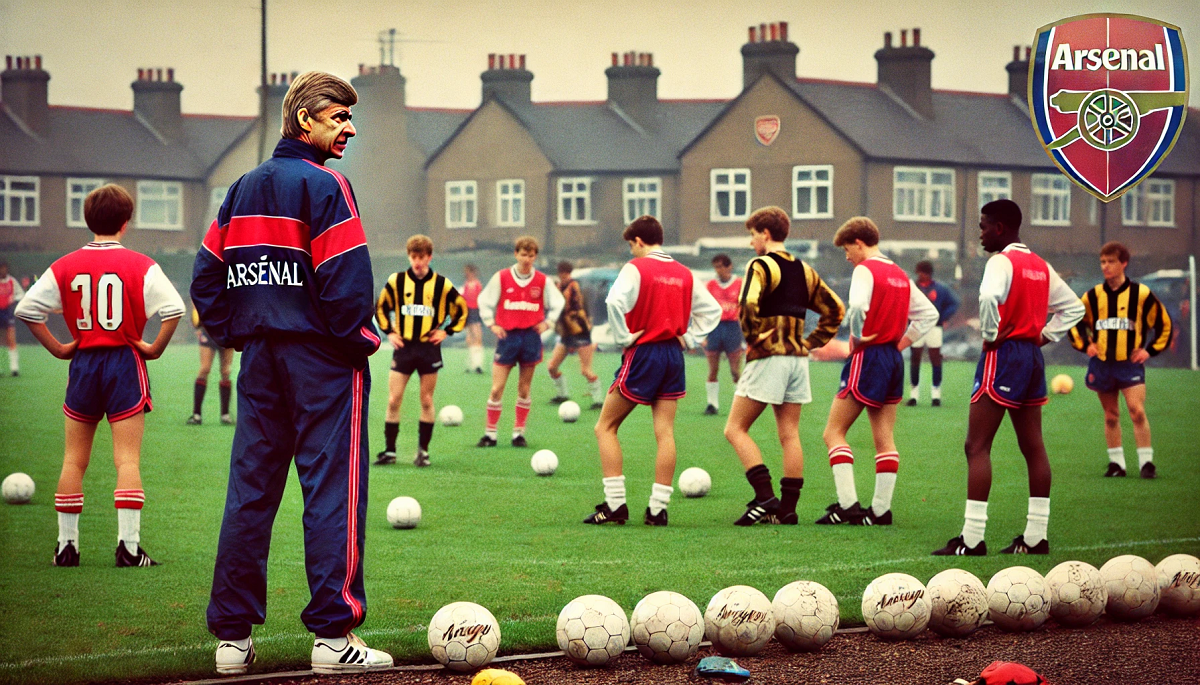
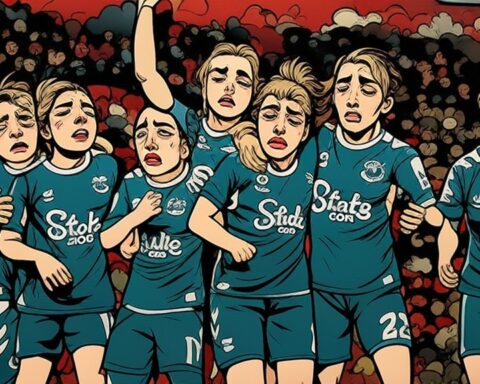

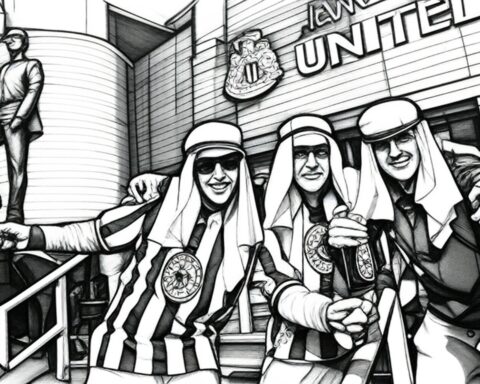
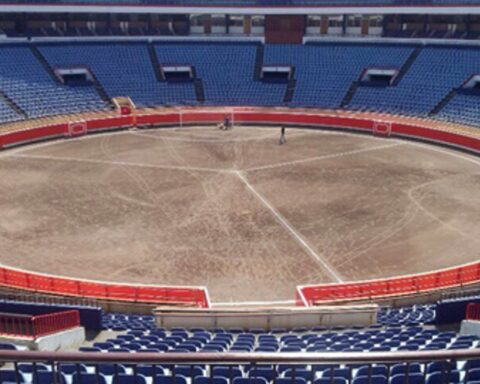
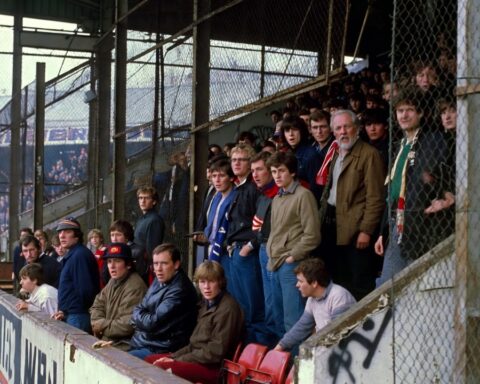
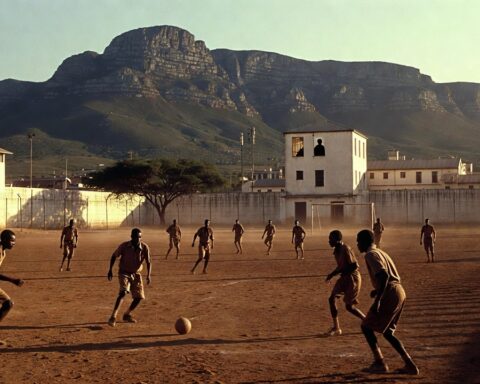
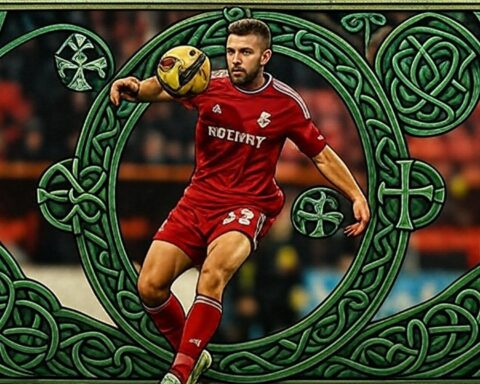



Follow Me